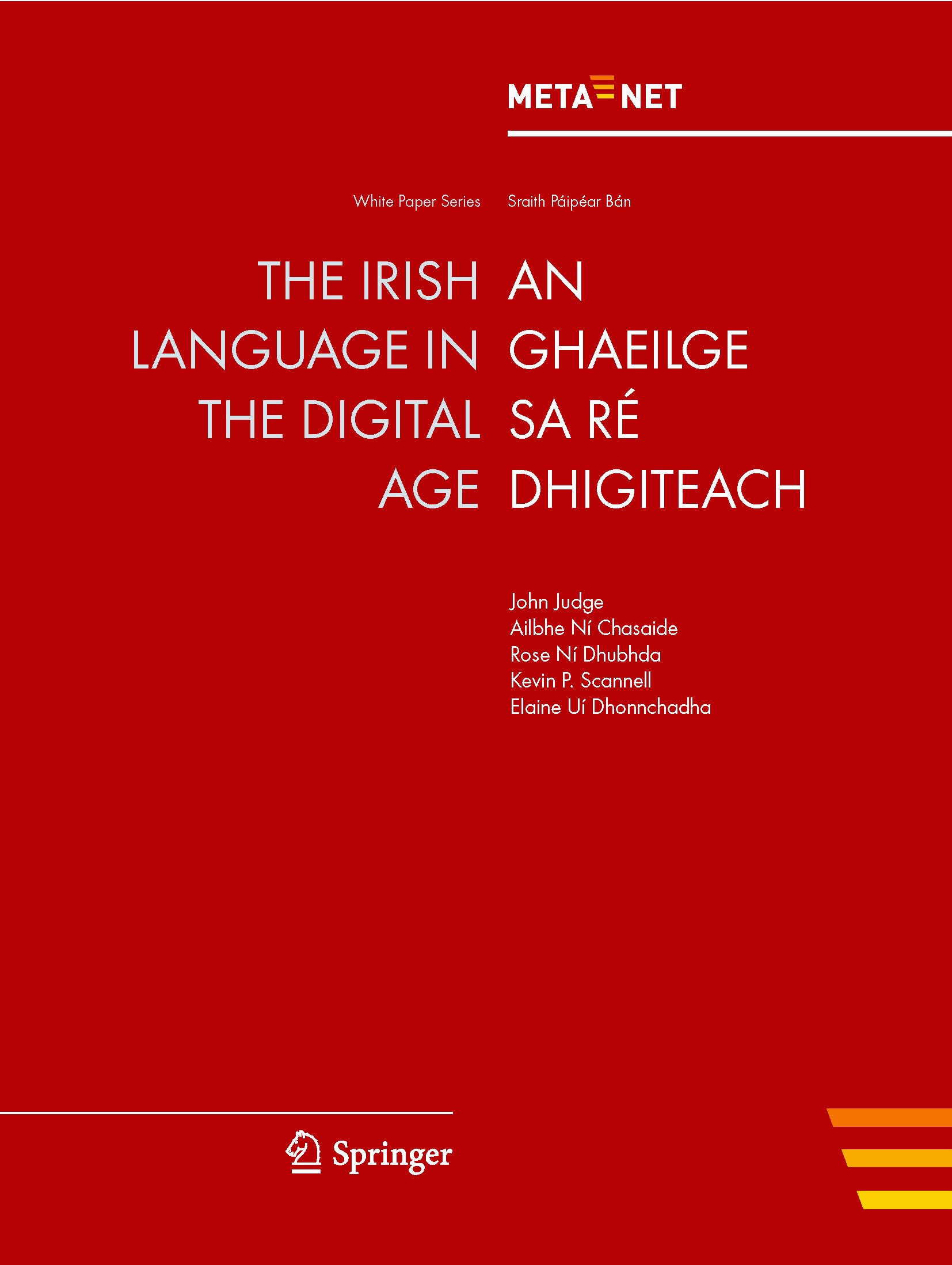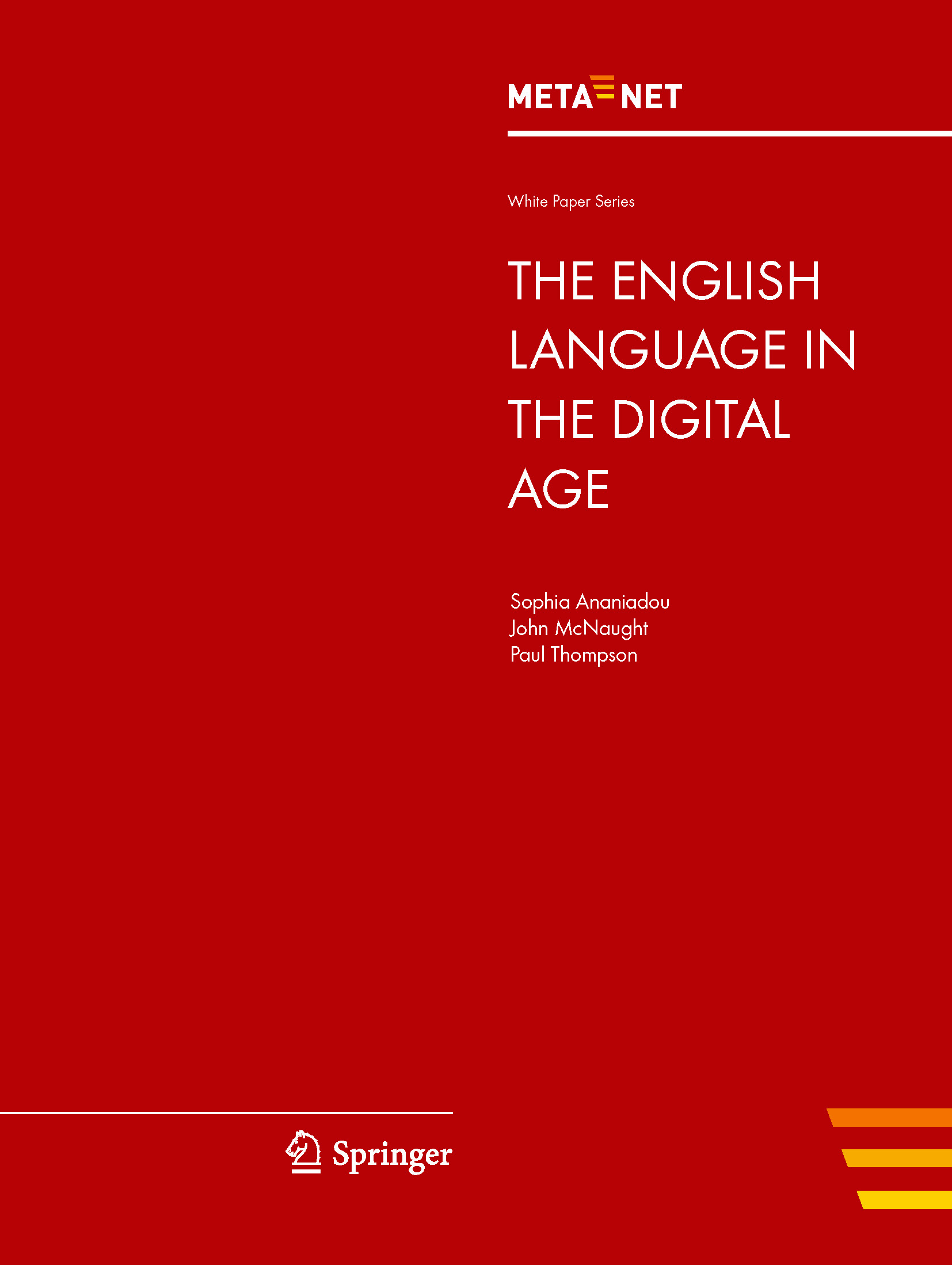The Languages of Ireland
Irish is the national language and the first official language, with English being the second official language. Although approximately 1,750,000 people are able to speak Irish, English dominates the daily life of most Irish people. In Northern Ireland, Irish is an official minority language and is spoken by about 100,000 people. Besides, there are several small Irish-speaking diasporas across the world, in particular in the United States, Canada and Australia. For the support and protection of the Irish language in Ireland, the Official Languages Act 2003 aims to ensure the improved provision of public services through the Irish language. Also, the Irish government has developed a 20-year-strategy to strengthen the active use of Irish, which has been identified as an endangered language. Irish (also known as Irish Gaelic) is a Celtic language and closely related to Scottish Gaelic. While there is a standard written form of Irish, there is no standard spoken form. Irish features three main dialects which are associated with the three provinces of Ireland: Munster, Connacht and Ulster. The differences appear in many levels of the language, from pronunciation to lexical divergence.
Features of Irish:
- Irish follows a Verb-Subject-Object word order.
- There are no words for “yes” or “no”. Instead, a response to a question consists of the verb in either the negative or affirmative form.
- Inflection in Irish mainly occurs through suffixation, but initial mutation through lenition and eclipsis is also common. Inflection mainly affects verbs, nouns, adjectives and prepositions.
- Irish has three main grammatical cases: common (nominative & accusative), genitive and vocative.
- The sound system is complex, containing twice as many consonants as English, for example. Irish distinguishes the consonants between palatalised and velarised. However, as the Roman alphabet is not sufficient in representing various sounds, consonant quality relies on adjacent vowels. The complex relationship between sounds and written text presents challenges for speech technology, particularly when providing coverage for three dialects.
More detailed information about English can be found on the NNC page for:
NCC Lead Ireland
Prof. Andy Way is a Professor for Computing at the School of Computing at Dublin City University. In 2014, he became the Deputy Director of the National Centre for Language Technology, which was replaced in 2015 by the ADAPT Centre for Digital Content Technology. His research interests are Machine Translation and Computational Linguistics. He was President of the EAMT for six years and President of the International Association for Machine Translation for two years. He participates in the META-NET Initiative as the contact person of Ireland. He currently coordinates three EU-funded projects: PRINCIPLE, SignON, and ELE. Furthermore, he is the main editor of the journal Machine Translation. In 2015, he received the President's Research Award for Sciences and Engineering at DCU. In 2019, he won the Award of Honour from the IAMT for his services to the MT community. He has published over 400 peer-reviewed conference proceedings and journals and has brought in over €75M in research funding.

Current National Initiatives
- Funding was made available for Irish MT (one studentship) via the SFI-funded ADAPT Centre.
- The Irish government department of the Gaeltacht has funded projects in various aspects of speech and language technology including lexical databases, NLP and text-to-speech technologies, mainly carried out by researchers at Dublin City University and Trinity College Dublin.
- The lack of machine translation data is being improved by involvement in the ELRC and funding through CEF projects ELRI and PRINCIPLE, both of which have addressed data collection, curation and delivery to ELRC-SHARE.
- A national digital plan for Irish is in preparation. Its focus will be the provision of basic resources and technological building blocks for digital enablement.
Wikipedia contributors. (2020, June 14). Irish language. In Wikipedia, The Free Encyclopedia. Retrieved 09:00, June 17, 2020, from https://en.wikipedia.org/wiki/Irish_language.
Events
META-NET White Paper on Irish and English
John Judge, Ailbhe Ní Chasaide, Rose Ní Dhubhda, Kevin P. Scannell, and Elaine Uí Dhonnchadha. An Ghaeilge sa Ré Dhigiteach - The Irish Language in the Digital Age. META-NET White Paper Series: Europe's Languages in the Digital Age. Springer, Heidelberg, New York, Dordrecht, London, 9 2012. Georg Rehm and Hans Uszkoreit (series editors).
Full text of this META-NET White Paper (PDF)
Additional information on this META-NET White Paper
Sophia Ananiadou, John McNaught, and Paul Thompson. The English Language in the Digital Age. META-NET White Paper Series: Europe's Languages in the Digital Age. Springer, Heidelberg, New York, Dordrecht, London, 9 2012. Georg Rehm and Hans Uszkoreit (series editors).
Full text of this META-NET White Paper (PDF)
Additional information on this META-NET White Paper
Availability of Tools and Resources for Irish and English (as of 2012)
The following table illustrates the support of the Irish language through speech technologies, machine translation, text analytics and language resources.
| Speech technologies | Excellent
support |
Good
support |
Moderate
support |
Fragmentary
support |
Weak/no
support |
|---|---|---|---|---|---|
| Machine translation | Excellent
support |
Good
support |
Moderate
support |
Fragmentary
support |
Weak/no
support |
| Text analytics | Excellent
support |
Good
support |
Moderate
support |
Fragmentary
support |
Weak/no
support |
| Language resources | Excellent
support |
Good
support |
Moderate
support |
Fragmentary
support |
Weak/no
support |
The following table illustrates the support of the English language through speech technologies, machine translation, text analytics and language resources.
| Speech technologies | Excellent
support |
Good
support |
Moderate
support |
Fragmentary
support |
Weak/no
support |
|---|---|---|---|---|---|
| Machine translation | Excellent
support |
Good
support |
Moderate
support |
Fragmentary
support |
Weak/no
support |
| Text analytics | Excellent
support |
Good
support |
Moderate
support |
Fragmentary
support |
Weak/no
support |
| Language resources | Excellent
support |
Good
support |
Moderate
support |
Fragmentary
support |
Weak/no
support |

